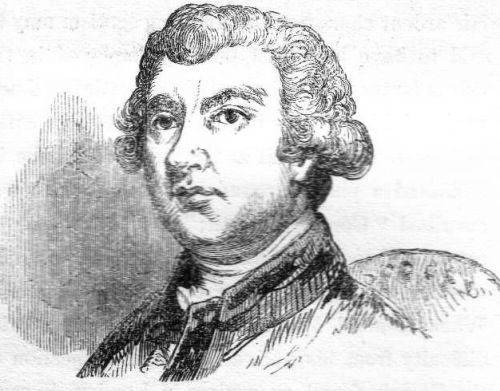
The problem with Koch’s books about teaching children to write poetry is that his method does not teach them to be poets. It teaches them to make what will look like poems to us—but like diddling around to them.
•
There should be a magazine called Expeditions into the Interior, and the way it would work would be for people to accept assignments to report on all these old books of poetry that nobody wants to read but which might have good shit in ’em. For example, Melville’s Clarel. Who’s gonna read that. Nobody. But what if I was gonna give you fifty bucks. We’ll give you fifty to read it and write about it in fluent Caveman. All you gotta do is say what you saw. Point to some good lines. That’s it. But. If you accept the assignment and you don’t write anything? Yeah, that’s a $100 penalty. This is how we’re gonna pay our responsible writers. It’s also how we’re gonna finally find out if there’s anything in John Gay’s Fables. Or in the Thebiad. Or just all that stuff.
•
Poets who are a pain in the ass not because they’re bad, but because they make others bad. I’m looking at you, Gerard Manley Hopkins.
•
They should teach us what to want. Or teach us better anyhow. Actually, it’s hopeless. They don’t know what to want; how are they supposed to teach us? And so we all come out of MFA-Land wanting nothing more than to have a book out. From there, it’s just like a cautionary tale. We are granted our “wish,” without reference to what we really wanted, or what it would have been wiser to want. The letter of our wish is respected, but not the spirit.
Hardy knew: The letter killeth.
•
Bet you don’t know Boswell wrote poetry. Yes, he set himself a challenge: five rhyming couplets a day, all through 1763. He was twenty-two. You can read ’em all in the trade edition of Boswell’s journals. I like these lines (Friday 14 October):
Let other bards compose majestic songs:
My humble subject is a pair of tongs;
Not those slight things which ladies use at tea,
But what you may by ev’ry chimney see.
My surly tutor in my wayward youth
Made me submit to punishments uncouth.
And, as a dreadful penance for neglect,
Oft made me take the tongs about my neck.
But I to wear the tongs was always vain,
And thought them grander than a mayor’s chain.
Very him. I wanna mention though: I doubt Boswell was nursing any very heated fantasies of achieving fame by means of poetry. I think he was just being Chinese: He thought versification a skill proper to an educated person and so set about cultivating it. He was a striver, to be sure, but I bet a lot of English speakers proceeded in this exact same spirit back then . . . .
Or actually, I bet it wasn’t even that. I bet it was more like how, these days, bazillions of high school kids take up guitar. The pleasure of it is the main thing; it’s not homework. It wasn’t homework for Boswell to do this.
•
The thing we least understand about previous poetry culture is that, in certain ways, they were more concerned with pleasure than we are. Surprise! Just look how much more we value Originality than they did. That’s a good index of what I’m saying. They had their sights fixed on Good. In a choice between {Good} or {Original}, they picked Good. We pick Original because we trust that Original is Good.
Again, a hundred years from now, they are going to be shaking their heads over this.
Poet Anthony Madrid is the author of the chapbook The 580 Strophes (2009) and the full-length collection...
Read Full Biography

